Baby food : Time for Introduction of Solid Food to Your Infant
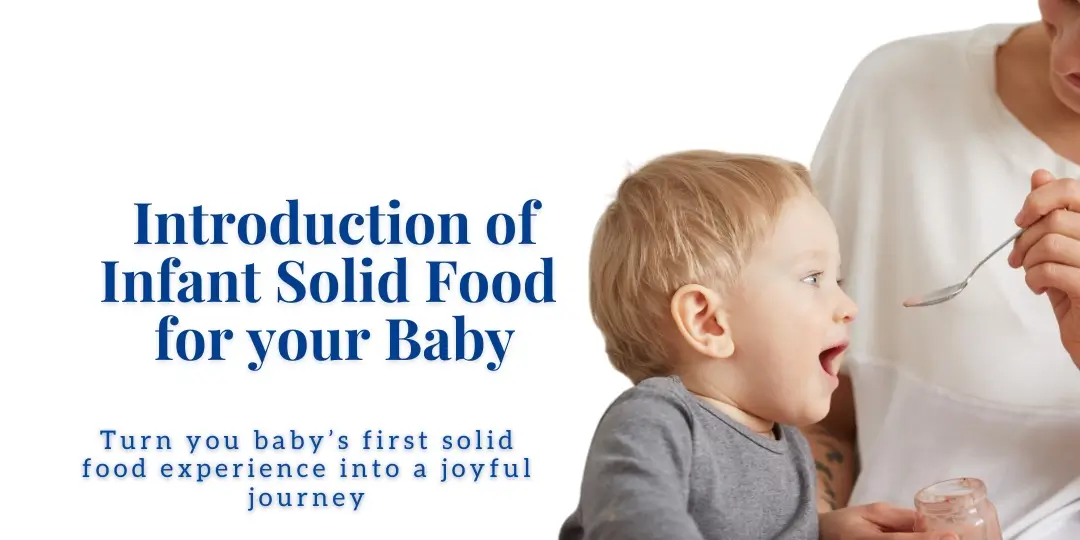
Baby food introduction to your little one is a joyful, emotional, and exciting journey in itself. Introduction of infant solid food is an important chapter in your baby’s growth and development journey. As a parent, you may be filled with excitement, anxiety, anticipation, etc., but it is important to know that each baby will have its own way of accepting the baby food or infant solid food simply because each baby is unique.
With this blog, the aim is to share some information about when to introduce solid food to baby, which solid food to start with, common challenges that are faced while giving solid food to baby, and the role of baby food and baby cereal in growth and development of your baby.
When to introduce solid baby food to your baby?
According to numerous pediatric doctors and experts, a baby should be introduced to solid foods only once they achieve an age of minimum 6 months. Any solid food for a baby below 6 months is not recommended. Since every baby is unique and will have different demands, for some the readiness for the solids may be later. However, infant solid food should be introduced carefully, as this plays a significant role in a baby’s development.
Some common signs that usually indicates that a baby is ready to start solids are when:
- A baby is able to have some control over the head and neck where he or she can hold the head upright for a decent time.
- A baby seeks minimal support to sit.
- The reflexes of the tongue to throw out the food diminish.
- A baby is reaching out for things like toys, bottle, etc. towards their mouth, which indicates they are trying to coordinate between eyes and hands.
- A baby seems interested towards your food when you are eating your meal.
But these are just signs to indicate, consultation with your pediatrician is always advised before you take actions by yourself, as starting for solids earlier than recommended can increase the chances of choking. Until your baby starts to have solid food, the mother’s milk is best and most nutritious for a baby.

What would be the ideal first food for your baby?
To ensure that a baby receives healthy nutrients for their early stage development, the choice of ideal and nutritious baby food is a must. At such an early age, the foods, along with their great nutritional values, must be easily digestible. The first food for a baby must be rich in iron content, as iron plays a vital role in developing a baby’s brain and promotes healthy red blood cells, this further may reduce the risk of anemia by maintaining healthy hemoglobin levels.
Sprouted ragi and almonds baby cereal (gluten-free) is one such food that is rich in iron and calcium because of ragi (finger millet) as an ingredient. Pureed vegetables and fruits that are well tolerated by infants and have a smooth texture can also be included. Ingredients and foods that are high in sugar content, sodium content, etc. should be avoided as these may hamper a baby’s developing kidneys. Peanuts, shellfish and eggs are also the common allergens among infants and should be introduced carefully and later in the age while observing any reactions.
Along with this, a positive and relaxing environment while feeding your baby since starting can develop healthy eating habits. Always start slowly and in small quantities gradually increasing the number of meals over time as your baby gets used to eating solids. Also, if you use the method of baby led weaning, stay present with your baby. Your presence and encouragement will make them feel encouraged and this will allow you to monitor your baby while they eat.
Importance of breastmilk with solid baby foods
There should be no doubt about the importance of mother’s milk for an infant. Mother’s milk contains major proteins, vitamins, antibodies, etc. that support the growth and development of babies. It also reduces the risk of common allergies among infants and helps in developing a healthy immune system to fight free radicals that can cause diarrhea, infections, etc.
No baby food, baby cereal, or infant solid food can replace the milk received from a mother. Breast milk should remain the primary source of nutrients for a baby until a year. Some mothers may face issues in producing milk for a longer duration. But baby cereal, baby food, baby formula, etc. are meant to complement nutrient intake along with breastmilk, not to replace it. Once a baby starts to eat more solid foods, the dependency on breast milk will decrease naturally.
Common challenges faced with the introduction of solid food to baby
As said, it is a joyful journey to introduce some solid baby food to your little one. It comes with lot of excitement and happiness but this also bring lot of challenges along with it. The major challenge out of all is allergic reaction and choking.
When a new substance comes in contact to the body it may create allergies, same is with the infant solid food. The introduction to the baby’s first food comes with certain risks particularly allergic reactions and choking while eating baby food. To manage these you can take few steps.
To manage allergies you should try to introduce one food at a time. Food should be offered in small or minimum quantity. Always observe and watch for reactions and only then introduce any other new solid baby food. Some of the common allergen reactions are rashes, swelling, vomiting and difficulty in breathing. If any of the reactions are observed by you then you should consult with your pediatrician and get to know which ingredients are the cause of reaction.
To prevent choking make sure your baby is sitting in an upright position whenever they are eating. You should feed them with smaller quantities. Also make sure the texture of the baby food is smooth and non sticky. Ingredients like raw nuts and chunks of fruits can be choking hazard, therefore they should always be given in puree form. Also another important thing is never leave your baby unattended at meal time.
Some other challenges that you may encounter while feeding newborn solid food are refusal to solid foods at first by babies, the mealtimes can be messy and patience is the key then , proper nutrients intake, healthy digestion etc.
Role of baby food products

Once again, we would like to mention that there is no better food than a mother’s milk for a baby during the early days, and no other food can replace it. Baby food, baby formula, or baby cereal are there to support your baby’s nutrient requirements along with your milk, they are not meant to replace it. Many baby foods are fortified with vitamins and minerals to make sure that your baby gets a balanced meal.
There are also baby cereals that are made with natural ingredients like ragi (finger millet), rice, wheat, etc., which tend to provide protein, vitamins, and minerals in a more traditional way. Such baby cereal with natural ingredients are available at Equisential.These baby cereals are available with sprouted ragi and almonds (vegan & gluten-free) and also in flavors like apple, mango, banana, and plain. These powder baby cereals are light on tummies and easy to digest. You can know more about the ingredients and benefits by visiting Equisential website.
These baby cereals are ready to make cereal and are a convenient way for a happy meal without compromising on nutrition that is required for the growth and development of your little one. These baby cereals as baby food provide some critical minerals like iron, zinc, calcium, and vitamins B, C, and E and are also rich in dietary fiber, which may reduce the chances of constipation. These nutrients are important in the early stages of growth and development because a baby’s future health depends on them. It can provide energy to your little one, can lead to healthier, stronger bones, and helps in keeping the functions of the body healthy.
Conclusion
When you come to know that your baby is now ready to eat baby food, then that journey of introducing solid foods to your infants is full of joy, excitement and some challenges which can be overcome by time and care.
To develop healthy eating habits for a longer duration, it is important to start with the right infant solid foods and provide a safe and positive feeding environment. It is important to be attentive and have patience with your baby’s journey in accepting solid foods. In this journey of growth and development of your baby with the support of infant solid food or baby food, your choice of baby cereal as your baby’s first food will lay the foundation for your baby’s acceptance of various foods and ingredients in the future. Ensure your baby’s first food is nutritious and healthy for a better, healthier future.
FAQ’s
Q1. When to start solid food for my baby?
Ans. According to many health experts, most babies are ready to start their journey for solid foods around six months of age. Since every baby is different, a consultation from a pediatrician is recommended.
Q2. Which food should I introduce as my baby’s first food in solid form?
Ans. The most commonly used food is baby cereal, pureed fruits like banana and apple, pureed vegetables like sweet potato. They provide essential nutrients for early development and are a great source of energy.
Q3. Which method is better, baby-led weaning or spoon-feeding?
Ans. There is no right or wrong method here as both have their benefits. A baby-led weaning may promote motor skills and may develop a skill of eating independently while spoon-feeding allows you have better control on food intake and allows you to monitor closely. So a combination of both works completely fine.
Q4. What are the common allergies of solid infant foods?
Ans. Red rashes, trouble with breathing, vomiting, diarrhea, and fever are some of the common allergies from baby food. This might be because of intolerance of body towards certain ingredients. An urgent medical consultation is recommended under such conditions.
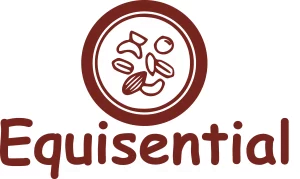
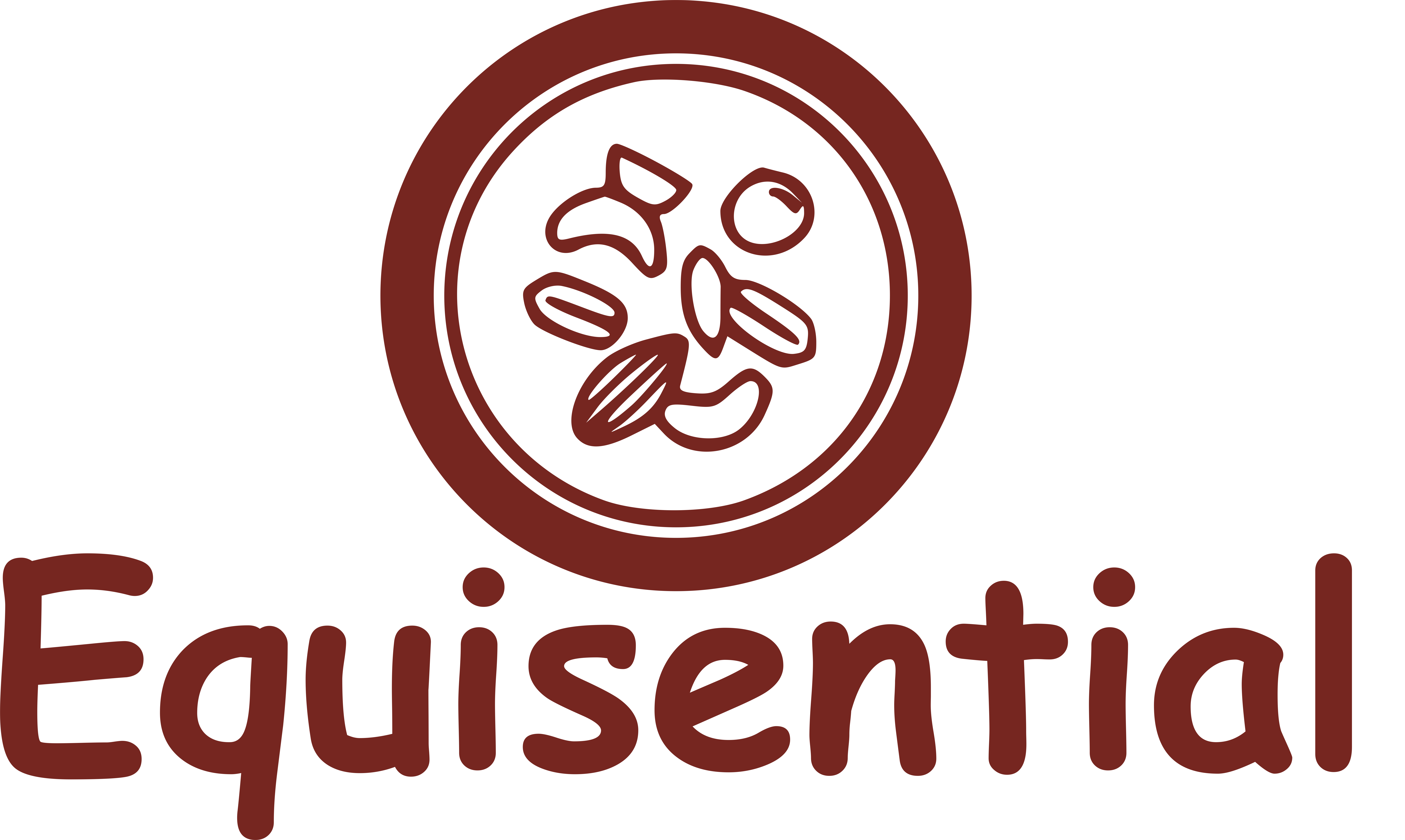
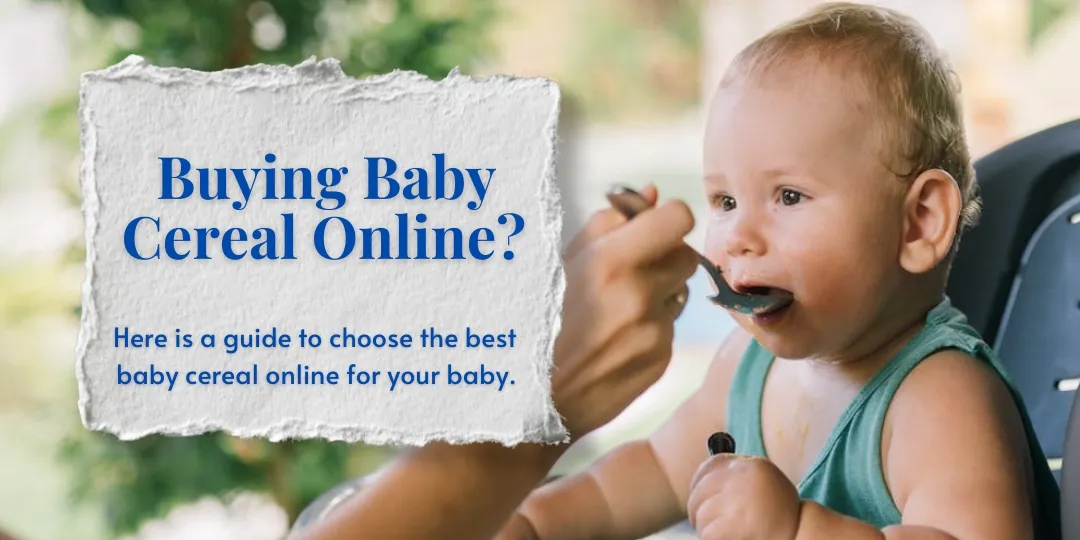
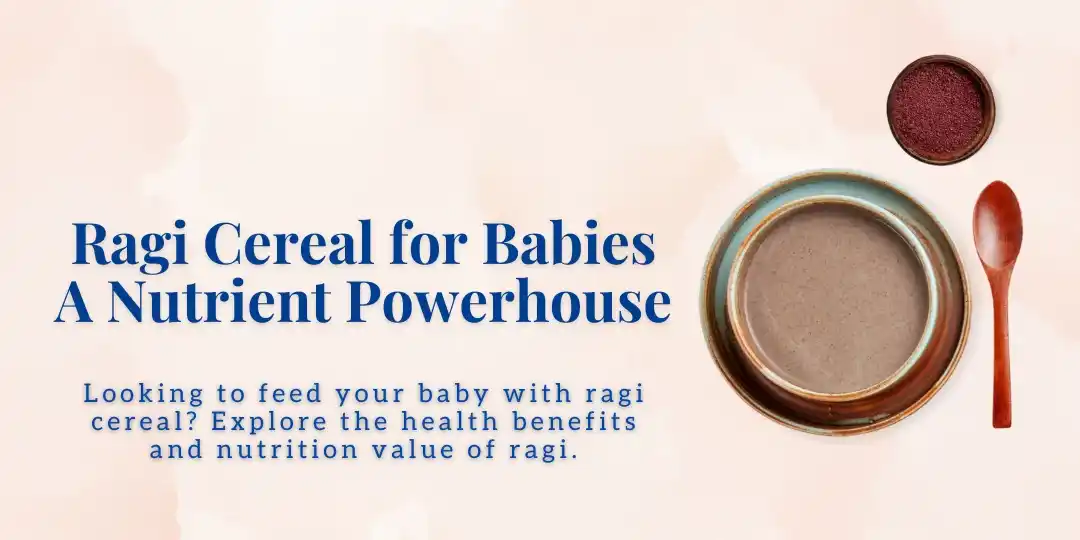
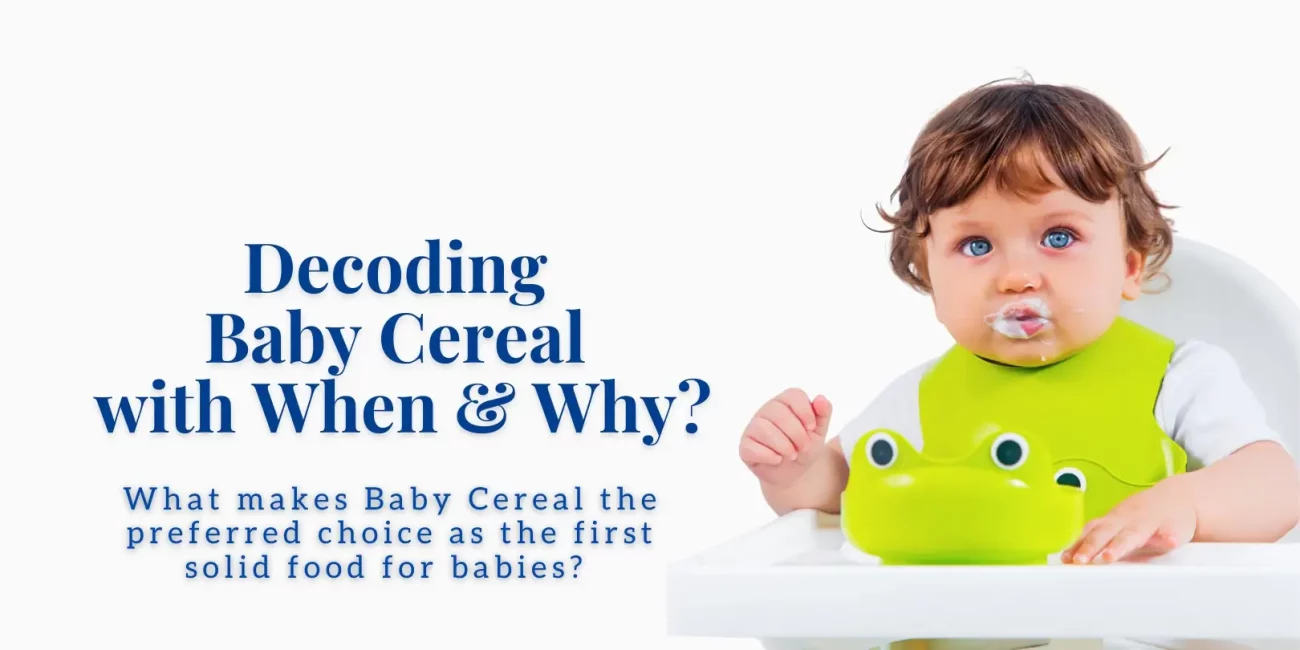

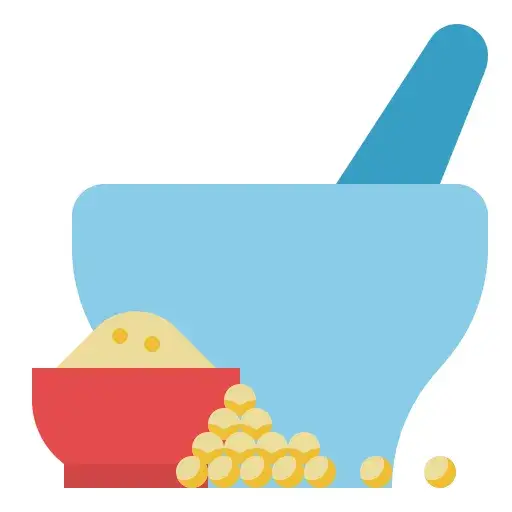


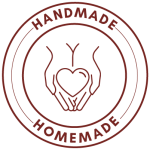
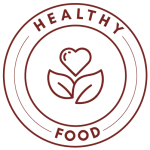
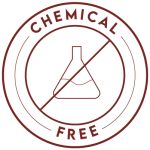
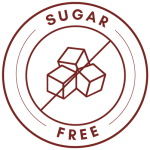




 Healthy Laddu
Healthy Laddu To Be Mom’s Care
To Be Mom’s Care Postpartum Care
Postpartum Care Cookies
Cookies Baby Food
Baby Food Combo Packs – Postpartum Laddu’s
Combo Packs – Postpartum Laddu’s

